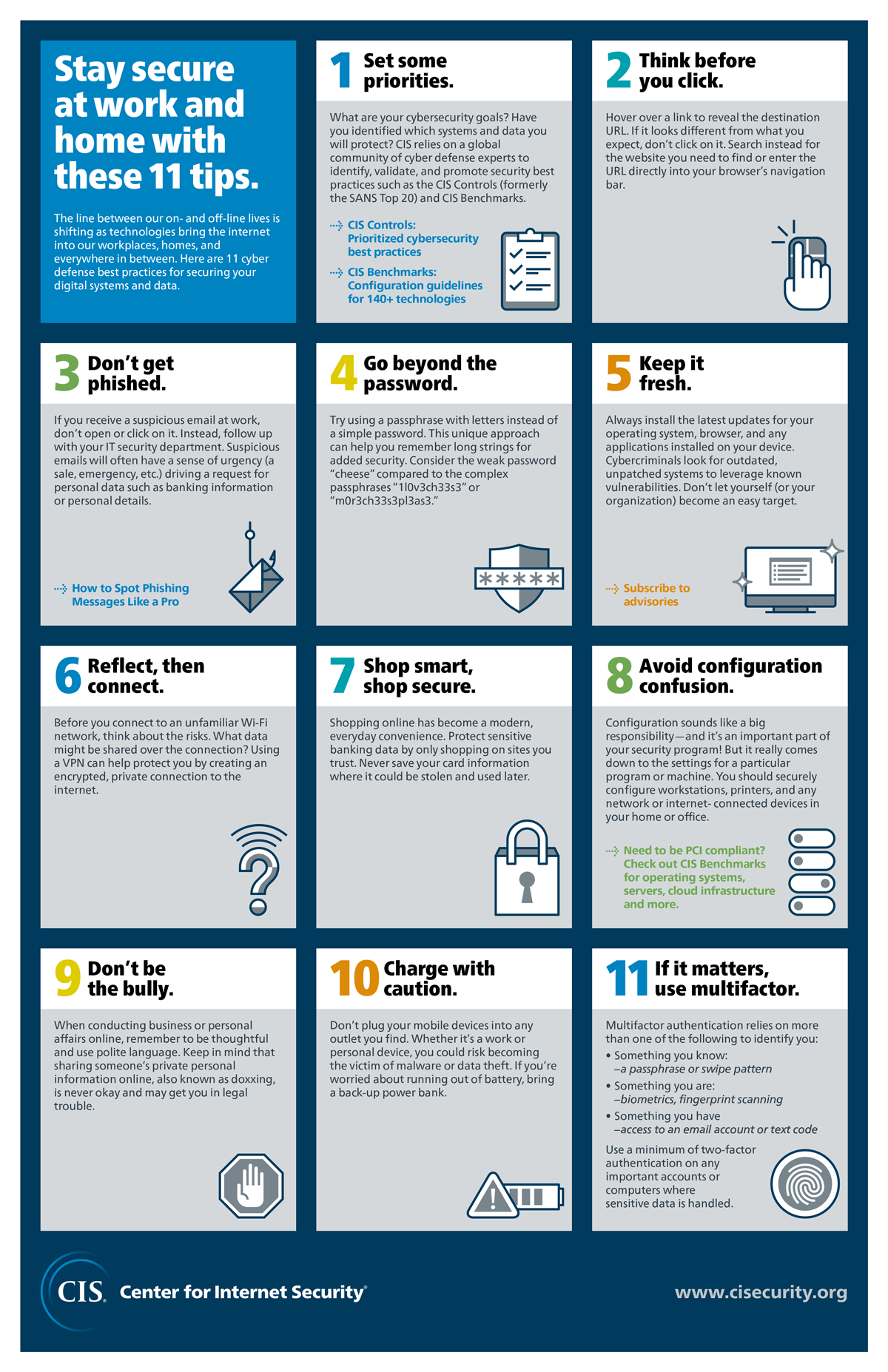For various reasons, the “homework” way of life has become the main way to work. It is distant, which means many people can live anywhere in the world and work in the same company without going in person. Schedules are flexible, the dress code is less formal, and zooming and skype are crucial in business meetings. Therefore, this is the ideal opportunity for cybercriminals to hit; You will not suspect them to enter your home devices because your guard is down. As a result, cybercriminals against attacks with these cybersecurity strategies.
Update the software and hardware when prompted
Significant and optional software and hardware update defects in safety patches, safeguarding data and safety. Software and up-to-date hardware are stronger against harmful threats as software and end-of-life hardware. Update all laptops, desktop computers, tablets and phones, including anti-virus, anti-spyware, anti-malware, firewall and VPN. Continue installing updates when recent versions of installed software and hardware arrive.
Strengthen passwords
Business social media profiles, cloud accounts, email accounts, corporate login pages, Wi-Fi routers, technical devices, etc. Require strong passwords to stop cybercriminals from stealing important information. The best passwords are at least eight to 10 characters long and combine lowercase letters, uppercase letters, numbers and symbols. Never use dictionary words, personal information, digital sequences, repetitive numbers, “QWERTY” or “password” as passwords. Change all passwords every three months using the same strategy to keep cybercriminals with the bay.
Confidence, then check
Multi-factor authentication, two-step verification, two-step authentication and multifactor authentication are the same. This is an extra step that an account owner must take to confirm that you own and the account is yours. The extra step is to enter a code sent to your mobile number, responding to a security issue and / or provide biometric identification. Accounts that may apply for authentication / audit are financial institutions, social media accounts, email accounts and corporate accounts, so add it to all accounts that prefer the extra step. It becomes more difficult for cybercriminals to steal your information.
Be aware of phishing emails
The email accounts are a breeding ground for phishing scams. Phishing criminals lay the foundations for identity theft and ransomware by seeming to be legitimate, hoping that you click on a link or open an attachment filled with viruses and malware ready to hit. Otherwise, email, link or attachment can request very sensitive information (such as bank account number). Delete any e-mail that you do not recognize and give no information. Visit the official website of the employer or by e-mail to the person in question directly on e-mail. Give the information necessary for the employer or the person directly. Install the security software by email and e-mail encryption software too. In addition, you train to search for phishing e-mails by finding things like misspelled words, scary tactics, vague greetings, suspicious areas and amiss images and layouts in the ‘E-mail.
Distinct commercial devices of personal devices
Whatever the device you use for the job should not be the device you use to watch movies or listen to music. Like business and personal social media accounts, have a technical and other technical device for personal use makes it possible to secure sensitive data. In addition, keep the professional device away from family and friends, especially children. These people will support the pimples and click on links without knowing it, causing more harm than good.
Cybercriminals are an endless threat for your devices. Before negotiating the desktop environment for a bed, a sofa or a table, make sure the laptop, desktop, tablet or phone is ready to protect and secure the information transferred and received by cyberspace. . Too many threats, both views and invisées, are l





